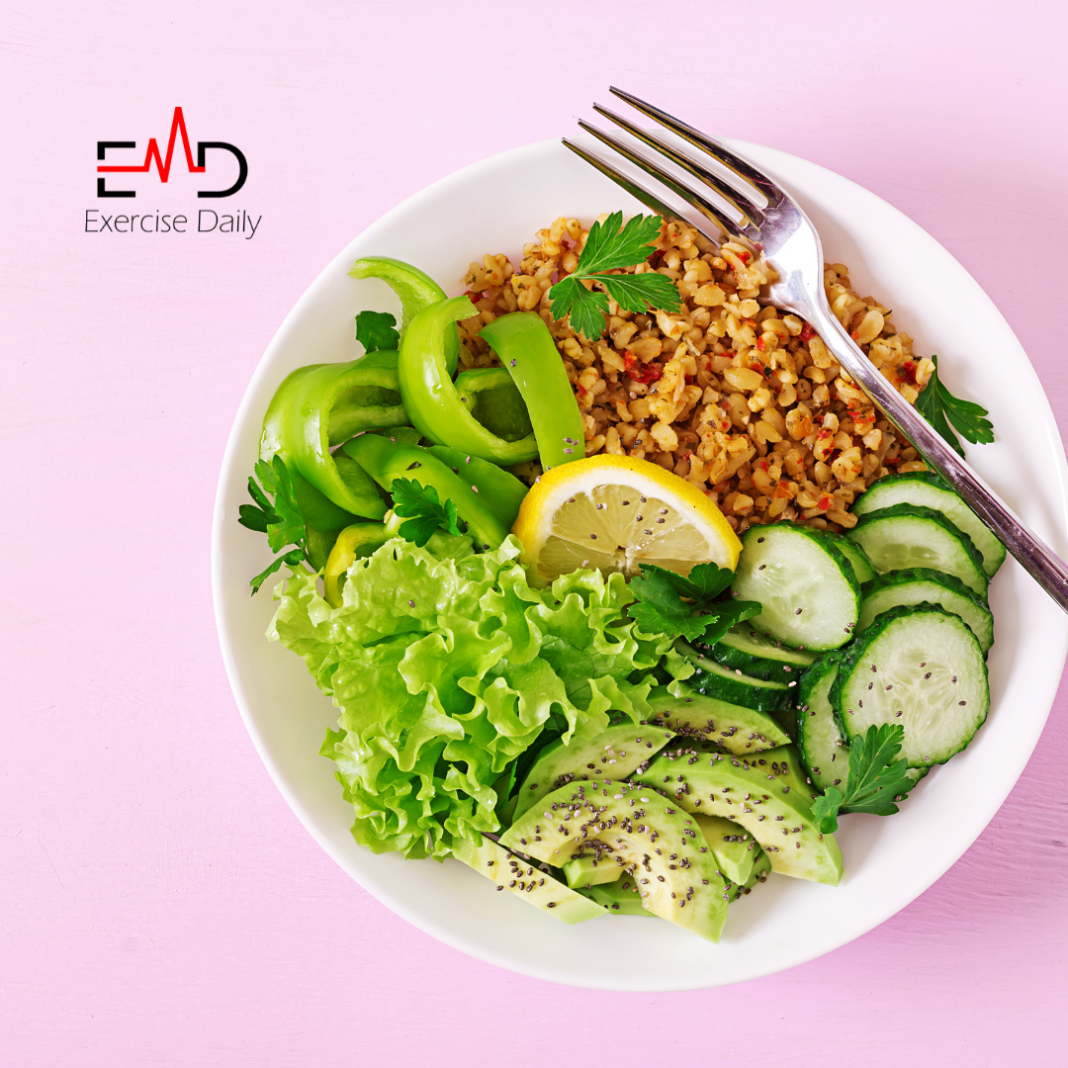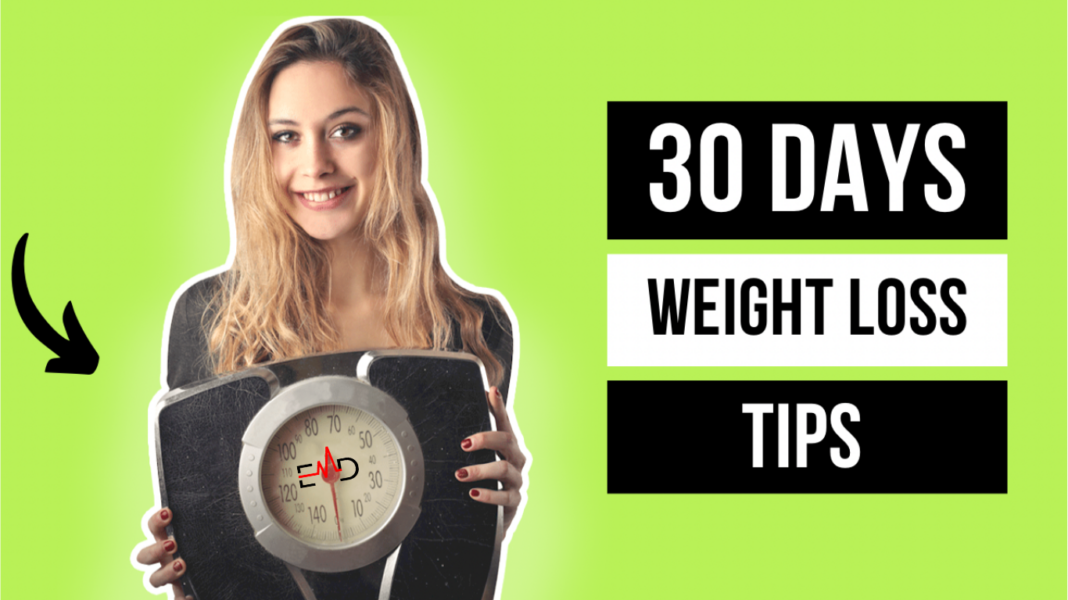Exercise Daily – As a teenager, eating nutritious foods is important to fuel your body and mind. However, making the right choices cannot be easy with so many unhealthy options. This blog post will give you some tips on nutrition for teenagers.
The right foods can help you maintain a healthy weight, have more energy, and stay focused in school. But what are the best foods to eat, the best snacks? Which supplements should you take? This is all we’ll discuss in this article.
Why do teenagers Need Proper Nutrition?
The teenage years (13-18 yrs) are crucial for development and growth. It is during this time that teens grow the most, both physically and mentally. Proper nutrition is essential to ensure that teenagers are getting the right nutrients to support their growth and development. During the time of puberty, teenagers require proper nutrition.
If their diet is not well balanced and they are not eating enough calories they will get so many issues regarding their health. They will become underweight and they will not grow properly.
Breakfast is the most important meal. Most parents recommend whole-grain cereal or whole-grain cereal with fruit. Only add milk and 100 percent fruit juice if your child would like more. Of course, don’t skip breakfast which is a major source of energy, protein, nutrients, magnesium, and fiber.
The Most Common Nutritional Concerns During Adolescence:
There are many nutritional concerns that teenagers suffer from:
Anemia:
The most common nutritional concern during adolescence is iron deficiency anemia. It can be caused by a lack of iron in the diet, poor absorption of iron from food, or the onset of the menstrual cycle in girls.
Due to the lack of anemia, teenagers feel lethargic. And symptoms include yellowness of skin, brittle nails, and late periods.
Calcium Deficiency:
Other common concerns include calcium deficiency, which can lead to weak bones and osteoporosis.
Vitamin D deficiency:
Vitamin D deficiency can lead to Rickets. It is due to a lack of vitamin D in the diet.
Important Nutrients For Teenagers:
Teenagers need to eat a balanced diet that includes all the food groups to get the nutrients they need. A teenager should eat 3 meals a day plus 2 snacks. A teenager should not skip any food group.
The recommended daily intake of calories for a teenager is 2,000-3,200 depending on their age, gender, and activity level.
Some of the key nutrients that teenagers need include:
Protein:
Protein is an essential nutrient for our bodies. Its requirements vary depending on age and body size. It is important to keep in mind that the protein you need depends on your current body composition and activity level. For example, if you are cutting down on body fat, your protein needs will rise and you will want to increase your daily intake of protein.
Iron:
It is a mineral that helps prevent anemia, one of the teenagers’ most common health problems. Iron deficiency can lead to various health problems, like fatigue, headaches, and other symptoms that are caused by low iron levels.
Calcium:
The body needs calcium for many reasons, including building and maintaining strong bones and teeth, ensuring proper muscle function, and regulating the heartbeat.
Calcium is also needed for proper blood clotting, nerve function, and cell growth. Teenagers need about 1200 mg of calcium per day.
Vitamin D:
Vitamin D is essential for the body to be able to absorb and use calcium and phosphorus. It helps to build and maintain strong bones and teeth, and it is also important for the health of the immune system, muscles, and nerves.
The recommended daily allowance (RDA) of vitamin D for teenagers is 600 IU (international units). This amount can be obtained by spending time in the sun, taking a supplement, or eating foods that are fortified with vitamin D.
What should a teenager’s diet consist of:
A teenager’s diet must consist of:
Whole Grains: Teenagers should include whole grains in their diet. Because it contains fiber that is very helpful in digestion. It prevents constipation.
Vegetables: Vegetables are an important part of a healthy diet, and there are plenty of them to choose from. The healthiest vegetables include broccoli, kale, cauliflower, and spinach.
Fruits: Like vegetables, fruits are a healthy and delicious addition to any diet. Fruits are rich in antioxidants and vitamins and minerals.
Lean Protein: Protein is an essential nutrient for teenagers, as it helps build muscle and promote healthy growth. Sources include lean meats, eggs, dairy products, legumes, and nuts.
Healthy Fats: Fat is another essential nutrient for teenagers. However, not all fats are created equal. Healthy fats such as Omega-3 fatty acids are important for brain development and cognitive function. Good sources of Omega-3 fatty acids include salmon, trout, walnuts, and flaxseed oil.
Healthy Diet Plans:
These diet plans are for general use. They are not for specific teenagers. Every teenager has different requirements. Following is the healthy diet plan for a day.
Breakfast:
- 1 bowl of Oats with 1 banana and 1 apple, nuts, and dates.
- 1 boiled egg
- 1 cup of coffee
Lunch:
Chicken sandwich with 2 pieces of bran bread.
Dinner:
Grilled Salmon fish with sauces.
Snack:
Milkshake (of any fruit apple, banana, etc.)
Do’s And Don’ts For Healthy Life:
When it comes to a teenager’s healthy life, some dos and don’ts must be followed. Here are some tips for parents and teenagers to help ensure that their teenage years are healthy.
For Parents:
Try to be involved in your teenager’s life as much as possible. Know who their friends are, their activities, and where they are going. Talk to your teenager about the negative effects of drugs, alcohol, and smoking on health. Please make sure they are aware of the risks and the potential consequences. Help your teenager to develop a healthy self-image. Please encourage them to be themselves and to accept themselves for who they are.
Encourage your teenager to eat healthy foods and get plenty of exercise. Please help them to develop healthy habits that will last a lifetime. Help your teenager to deal with stress in healthy ways. Teach them how to manage their stress and cope with life’s challenges.
Conclusion:
What does a healthy diet look like? It’s not about depriving yourself of your favorite foods or counting calories. It’s actually about adding more healthy foods to your diet. It can be tough to make good decisions about what to eat when you’re constantly on the go.
Finding time for anything else is hard between work, school, and extracurricular activities. But eating a healthy diet is important for your overall health and well-being, and it’s not as hard as you might think. There are plenty of healthy foods that you can add to your diet to help you stay in shape and maintain a healthy weight.
If you have any questions regarding this topic you are free to ask.



